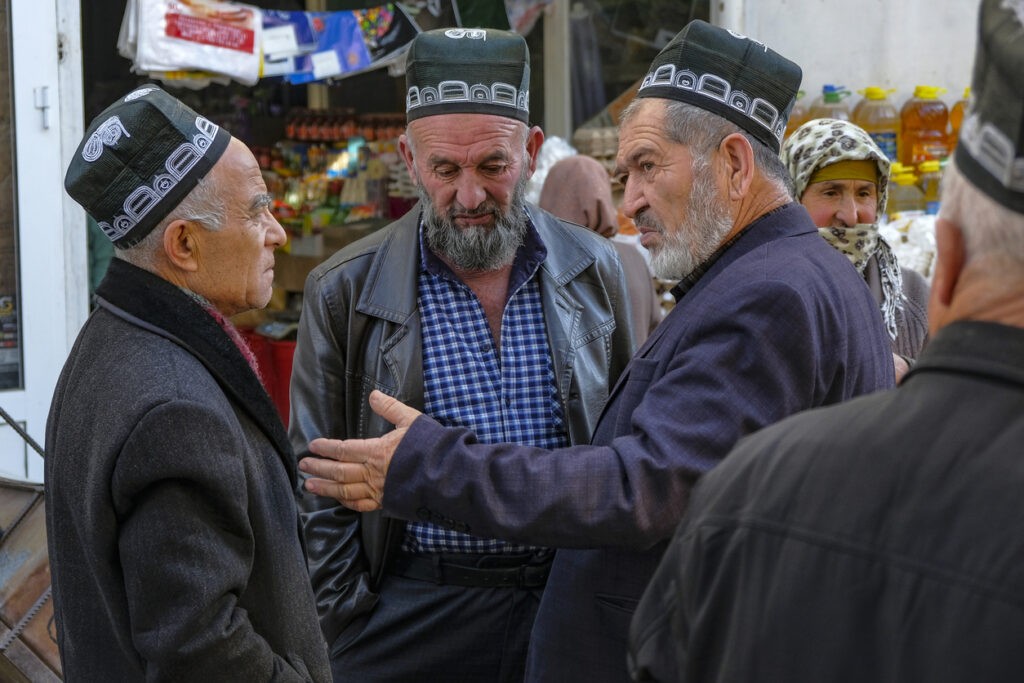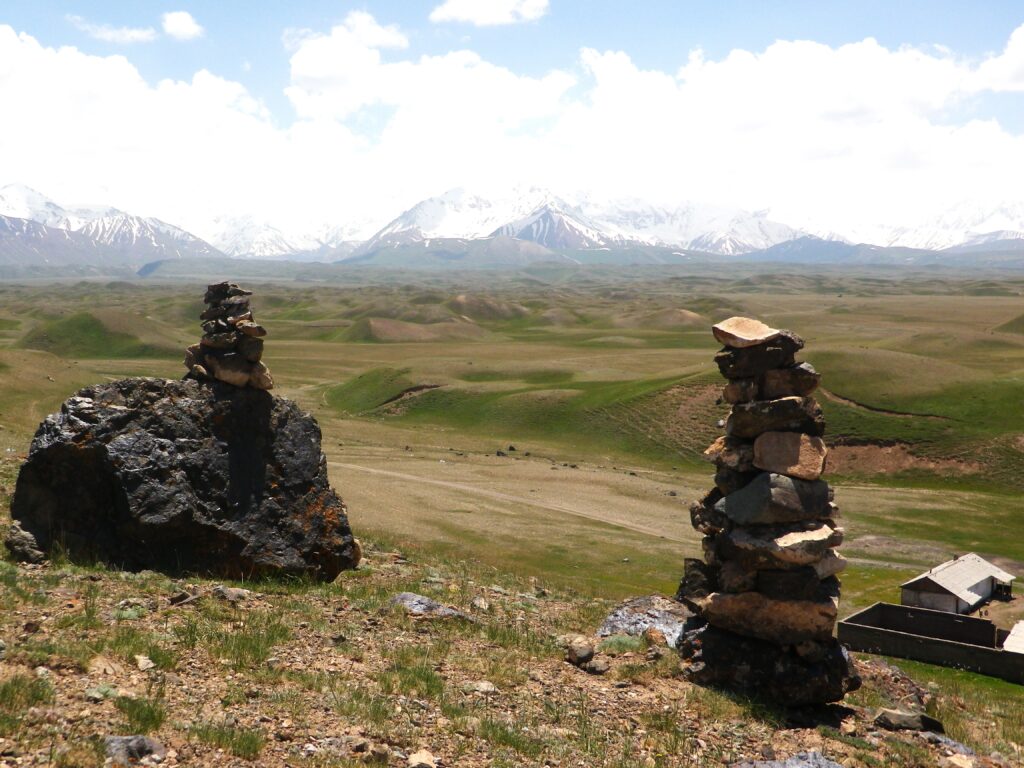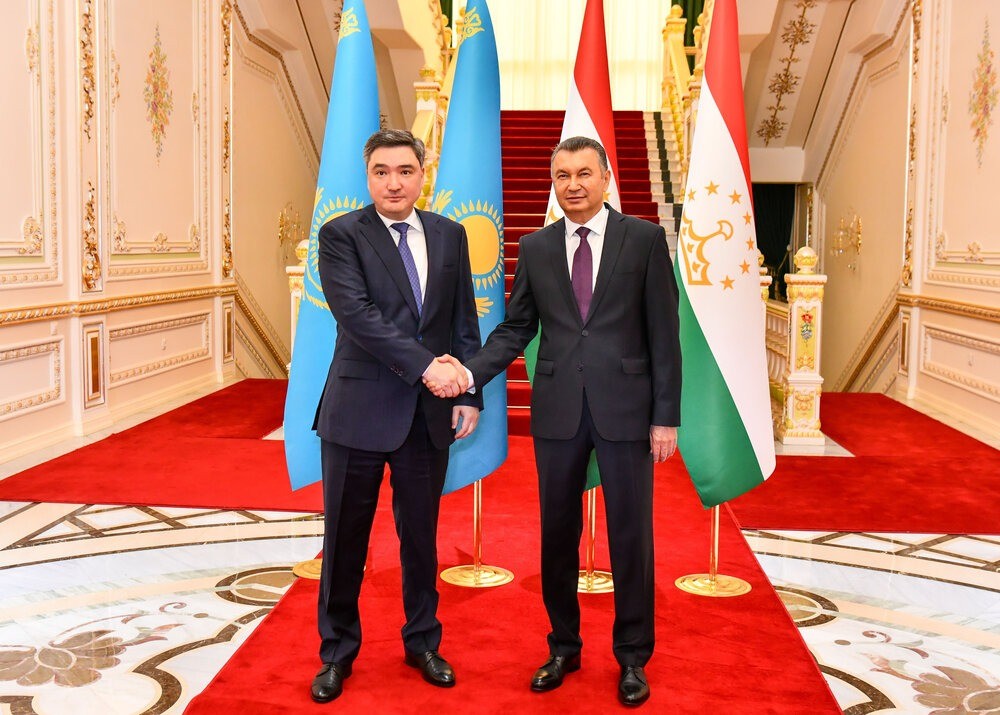Russia Deports Thousands of Tajik Citizens
During a press conference, director of the Civil Aviation Agency, Habibullo Nazarzoda, announced that over the past six months, Russia expelled or deported some 3,400 Tajikistan citizens. Nazarzoda emphasized that the action was spurred by errors in the Tajik citizens' documents as opposed to being politically motivated and stated, “The reason for denied entry into Russian territory was sometimes a lack of necessary documents. 95% of people who travel to the country know where they are going and why they are going, but cannot answer questions when asked. Many become confused. That’s why it’s not political.” Conditions for migrants heading for Russia and for those already in the country, have become stricter following the recent terrorist attack at Moscow's Crocus City Hall and the suspected involvement of Tajik citizens. Complaints about difficulties in entering the country are increasing and dozens of migrants report being detained at Russian airports and land border crossings under various pretexts. Since neither the Tajik nor Russian sides have commented on the situation, the official reasons for the above remain unclear.






